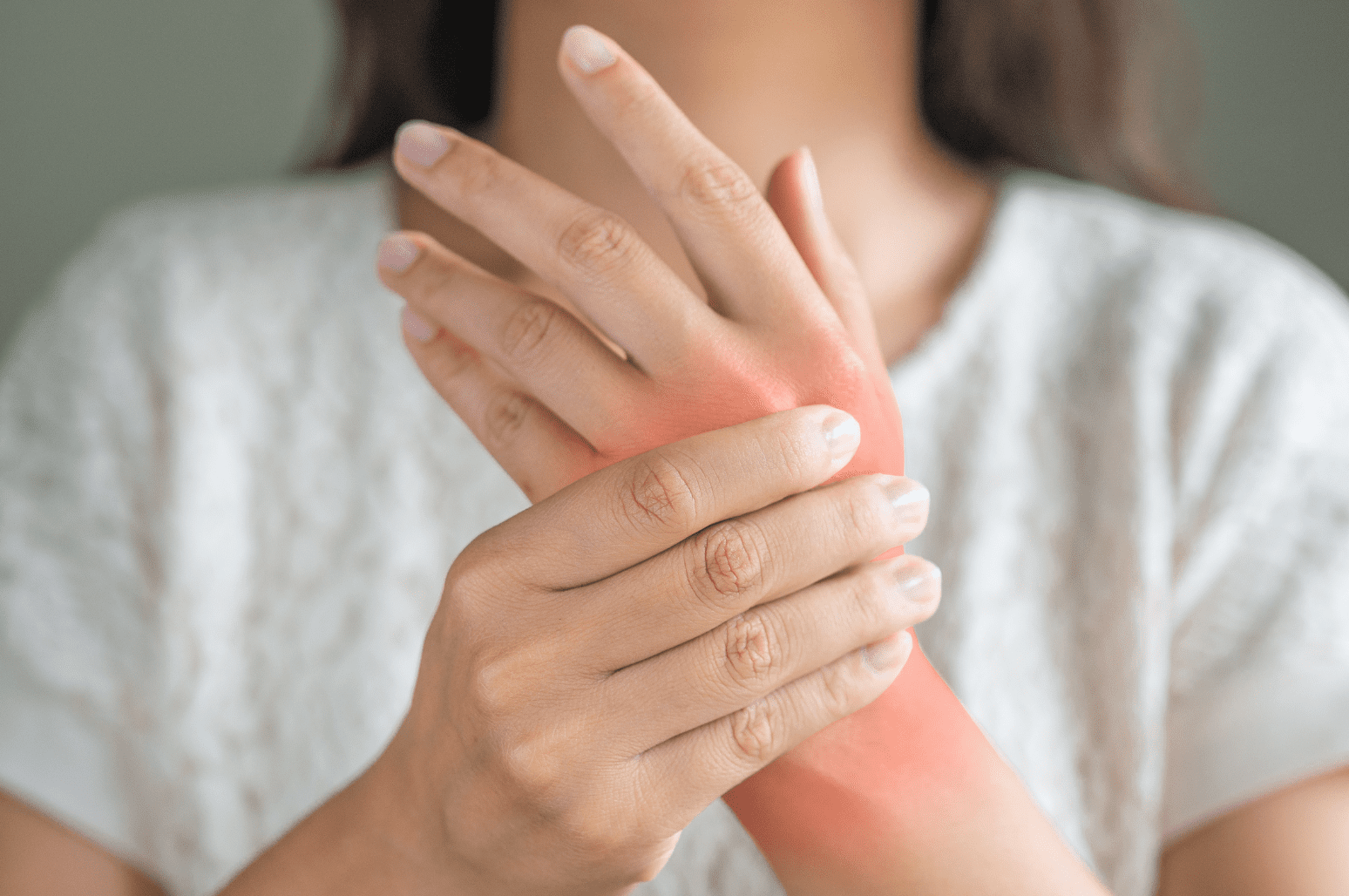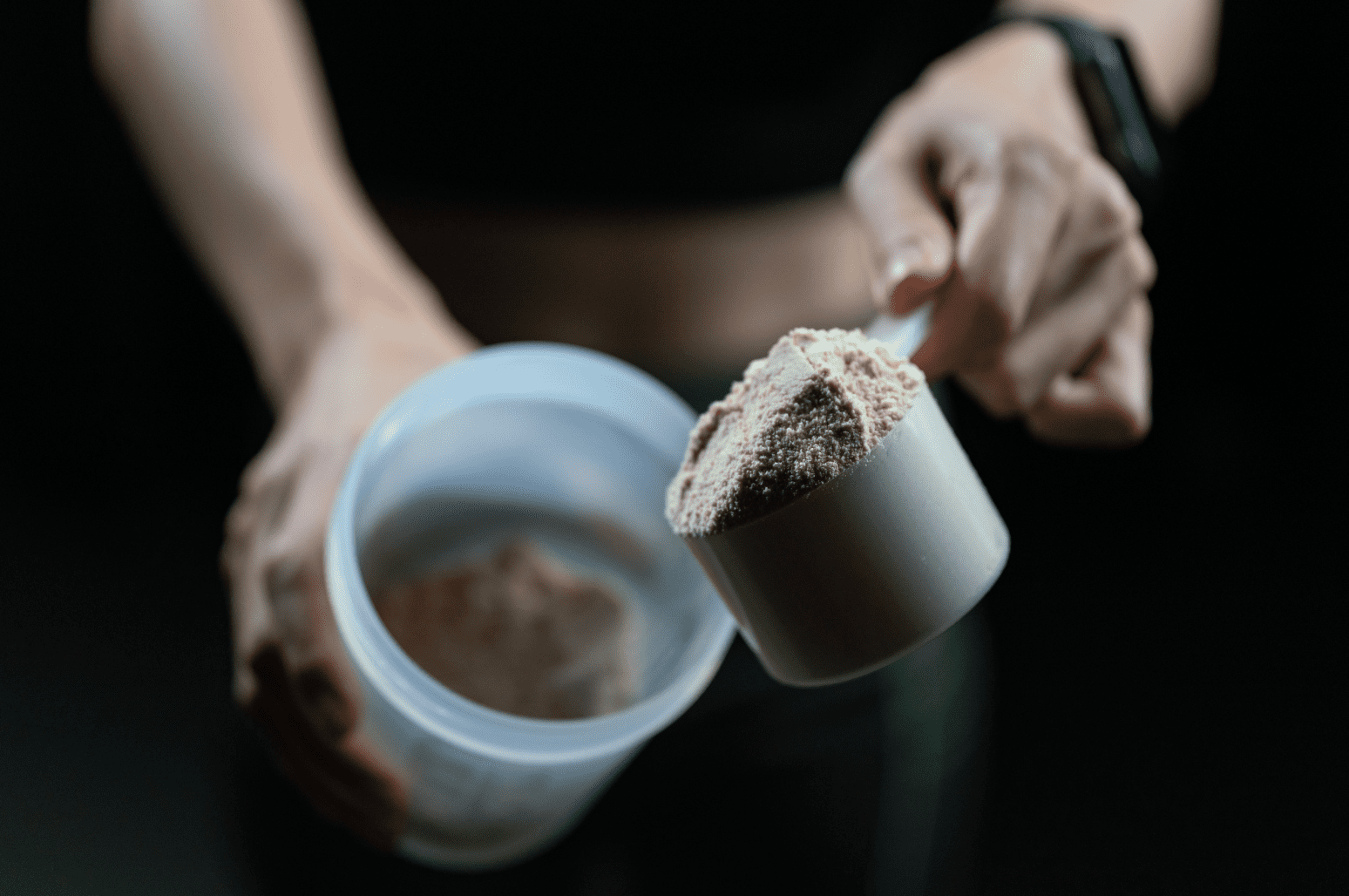What Happens If You Don’t Eat Enough Fat on Keto?

The ketogenic diet is known for being high-fat and low-carb. Compared to the standard American diet, keto dieters eat significantly more dietary fat, ideally from healthy natural sources like avocado, coconuts, and oily fish. The macros for a typical standard ketogenic diet are around 70-80% fat, 15-20% protein, and 5-10% carbs.
But alongside the popularity of the evidence-based ketogenic diet, there’s still a substantial amount of fear and misinformation surrounding dietary fat in general. This widespread fear has led many people to avoid or restrict fat. This article examines why avoiding fat is unnecessary and what happens if you don’t eat enough fat on keto.
The Root of Fat-Phobia
The fat-phobia craze ignited in the 1950s and ’60s for several reasons. One of the biggest reasons was the questionable science demonizing saturated fat. Ancel Keys was among the most vocal and prominent opponents of saturated fat. Check out our detailed article for an in-depth look at Key’s research and influence on the Western population’s view of saturated fat. Following this limited and flawed research, people began switching out butter and lard for industrial canola and seed oils.
The low-fat era began, and manufacturers removed the fat from food products like yogurts only to replace it with more sugar because the taste just wasn’t there without the fat. Fat and sugar are typically appealing to our palates. Despite the lack of sufficient evidence, people began to fear foods that naturally contained fat, like full-fat yogurt, coconut oil, and fatty meats. From doctors to health and fitness enthusiasts, the ‘fat-is-bad’ mantra had already saturated the globe.
The Importance of Dietary Fat
It turns out that dietary fat (including saturated fat) from healthy natural sources like fatty meats, seafood, and coconut oil is critical for important bodily functions, including cell regeneration and hormone production.

Most importantly, fatty acids are considered essential because your body needs them but can’t produce them, and you must obtain them from your diet. In fact, every cell in your body is encased in a fatty membrane. [1]
Saturated fat has been exonerated in valid scientific literature. Even so, there are still lots of misconceptions surrounding fat. One is that eating dietary fat makes you put on body fat. Dietary fat doesn’t necessarily make you fat. Insulin is the hormone that helps you scuttle sugar into your cells to use for energy and to prevent dangerously high blood sugar levels. When you eat sugar, you spike the insulin hormone, which is also the fat-storage hormone that tells your body to hold on to fat. When you drop the sugar on keto and eat those healthy fats, you lower your need for insulin, and your body can switch over from storing fat to burning fat instead.
What Happens If You Don’t Eat Enough Fat on Keto?
Despite the abundance of healthy natural foods you can eat on a ketogenic diet, many people still aren’t getting enough fat, which has consequences. It’s important you get the right amount of fat and protein on any diet, including keto. Here are some of the possible consequences:
Protein Poisoning (Rabbit Starvation)
Too much protein and not enough fat leads to protein poisoning. Symptoms of protein poisoning include nausea, hyperinsulinemia, hyperammonemia, and diarrhea. Protein poisoning can be fatal. [2]
After visiting with the Inuit tribe and creating a historical record of his experience, arctic explorer Vilhjalmur Stefansson and his friend ate only meat for one year under observation at Bellevue Hospital in New York. They only experienced illness when they tried eating only lean meat. Their symptoms of diarrhea and discomfort were turned around when they ate a fatty meal of brains fried in bacon fat with a sirloin steak.
Stefannson had previously visited with the Inuit tribe, which consumed and prioritized fatty meats, much like our human paleo ancestors. [3] [4] In his book The Fat of the Land, Stefansson discusses arctic travelers who only ate rabbit meat, which is high in protein but low in fat. Even with plenty of rabbits available, within a few weeks, these explorers would starve. Survival manuals advised against only eating rabbit meat due to protein poisoning and a lack of fat.
Digestive Problems
Not eating enough fat can lead to digestive side effects, such as discomfort, nausea, constipation, and diarrhea. However, it’s also wise to keep in mind that when you’re transitioning to a higher-fat ketogenic diet, it can take time for your body to get used to it and produce sufficient enzymes and bile necessary to metabolize that fat.

Frequent Hunger and Cravings
Carbs trigger certain neurotransmitters and the reward center in your brain. Scientific research reveals that sugar is addictive, and the standard American diet is loaded with it. Today, the average standard American dieter consumes more sugar than ever before. [5] Excess carb consumption increases your risk of a whole host of problems, from diabetes to heart disease and metabolic syndrome.
Dietary fat is satiating and keeps you feeling fuller, longer. If you drop the carbs but you don’t replace them with enough fat, you risk spurring cravings and hunger. Fat curbs cravings and provides lasting energy.
Nutrient Deficiencies
Vitamins A, D, E, and K are fat-soluble vitamins, meaning your body needs dietary fat to absorb them properly. These vitamins play a huge role in crucial body functions, including hormone signaling, gut health, and the immune system. Vitamins A and D regulate the bile acid production needed to metabolize dietary fat. [6]
You only worsen these vitamin deficiencies when you aren’t getting enough fat.
Low Energy
If you’re in ketosis but you’re fatigued and you’re not enjoying the energy boost that typically comes with it, you could be lacking in those healthy, energizing fats.
References
Cooper, G. M. (2000). The Cell: A Molecular Approach 2nd Edition. Sunderland. Cell Membranes - The Cell - NCBI Bookshelf (nih.gov)
Bilsborough, S., & Mann, N. (2006). A review of issues of dietary protein intake in humans. Int J Sport Nutr Exerc Metab, DOI: 10.1123/ijsnem.16.2.129
Harvard Square Library. Stefansson, Vilhjalmur (1879-1962). Retrieved September 22nd 2023. Stefansson, Vilhjalmur (1879-1962) | Harvard Square Library
Thompson, J. C., Carvhalo, S., Marean, C. W., & Alemseged, Z. (2019). Origins of the human predatory pattern: The transition to large-animal exploitation by early hominins. Current Anthropology, Origins of the Human Predatory Pattern: The Transition to Large-Animal Exploitation by Early Hominins | Current Anthropology: Vol 60, No 1 (uchicago.edu)
Avena, N. M., Rada, P., & Hoebel, B. G. (2009). Evidence for sugar addiction: Behavioral and neurochemical effects of intermittent, excessive sugar intake. NeuroSci Biobehav Rev, DOI: 10.1016/j.neubiorev.2007.04.019
Schmidt, D. R., Holmstrom, S. R., Racer, K., Bookout, A. L., Kliewer, S. A., & Mangelsdorf, D. J. (2010). Regulation of bile acid synthesis by fat-soluble vitamins A and D. J Biol Chem, DOI: 10.1074/jbc.M110.116004









